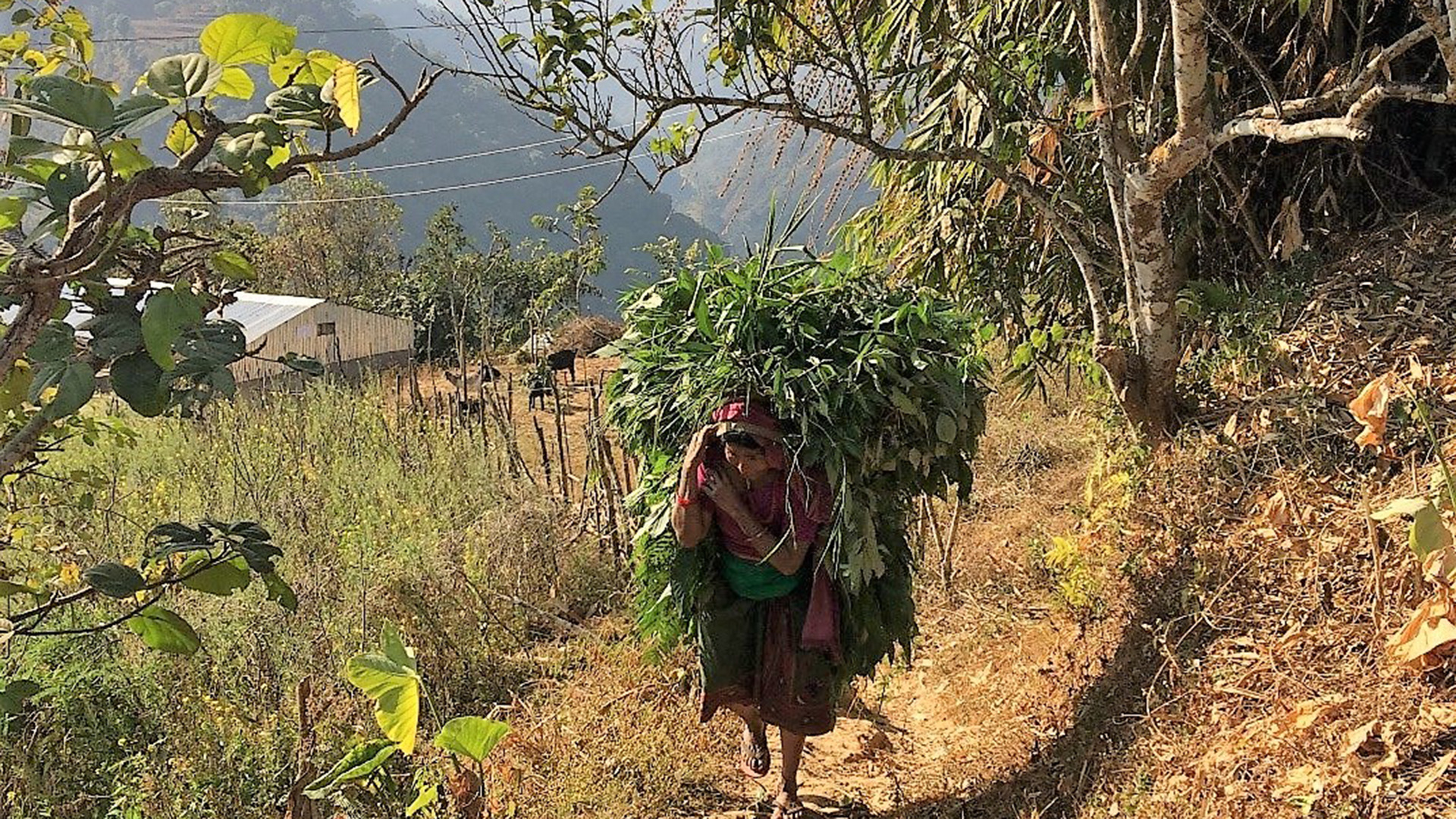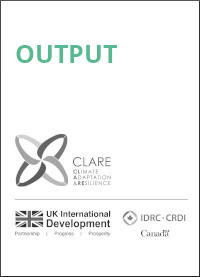
Successful intervention pathways for migration as adaptation (SUCCESS)
Introduction
Migration is a key adaptation strategy in the face of climate change in every part of the world. This project seeks to generate new knowledge on the evaluation of adaptations that involve migration, mobility and immobility and to promote evidence-based narratives on the role of migration in the challenge of adapting to climate risks.
The research involves gathering data on the effectiveness of interventions across Bangladesh, Bhutan and Nepal countries that either directly enable migration as adaptation or have mobility consequences. It explores well-being, adaptive capacity and precarity as critical objectives and criteria for successful migration as adaptation. The research focuses on populations facing planned relocation, immobile and left behind populations, and people in urban migration destinations across the three countries and spans mountain, coastal, dryland and urban social-ecological systems, selected to represent all major dimensions of the mobility spectrum.
The research co-creates a set of evidence on what interventions work and for whom and how they should be evaluated to facilitate inclusive migration that meets goals of climate-resilient development. The project contributes evidence-based best practice for the three major challenges of planned relocation; apparently immobile and left-behind populations; and migrant integration in urban destinations. The project seeks to strengthen the capacity of civil society actors to discuss and promote inclusive and equitable migration as adaptation that preserves rights and dignity of people on the move.
Context
According to the IPCC, there is robust evidence that increased climate variability and extreme events are already driving migration and displacement across Asia. In 2020, Southern Asia accounted for nearly a third of newly displaced people, with 9.3 million displaced by rapid and slow-onset disasters. Longer-term climate change will continue to increase migration flows across Asia. There is also robust evidence that migration exacerbates gendered vulnerability and work burdens especially for women who are most often left behind. Evidence to date suggests an under-emphasis on migration as adaptation is part due to lack or uneven knowledge of best practices, and partly due to the lack of legitimate development pathways that include movement of people. There is a lack of evidence on what policies work to enable safe and inclusive mobility and approaches to enable effective adaptation action through migration.
Approach and Methods
The project will gather evidence on the effectiveness of interventions to-date across South Asian countries, organized into complementary work packages addressing key knowledge to action gaps and with clearly articulated impact goals. Three work packages investigate climate-induced relocation, explore implications of migration on the adaptive capacities of immobile populations and rural futures, and explore adaptive capacities of migrants in destination and urban futures. An additional work package draws on these results to co-create evaluation metrics and tools to facilitate migration as adaptation and inform policy action. The project is intentionally designed as action-oriented research involving co-creation of metrics and guidelines with affected populations and policymakers.
Researchers will use a mixed-methods approach to primary data collection including key informant interviews, focus groups, surveys, and participatory methodologies such as photovoice. The project also intends to make full use of pre-existing data sources and relevant research projects. The research approach is Gender Equality and Social Inclusion (GEI)-transformative and conceptually rooted in feminist and gender studies research. The design is informed by an initial GEI analysis and will foreground voices and concerns of vulnerable and marginalized populations alongside policy makers and other stakeholders through co-creation approaches. The project seeks to nuance the narrative on migration as adaptation and develop metrics to assess migration outcomes. Workshops with media professionals, community leaders, and policymakers will expand the ways in which migration is understood and portrayed.
Expected Results
The primary goal is to develop actionable knowledge to support migration as adaptation in policy and in practice, to drive more inclusive and equitable climate-resilient futures for poor and marginalized communities in South Asia and beyond. To achieve this, the team expects to deliver peer-reviewed publications, media articles, policy briefs, reports, webinars, etc. Particularly innovative outputs include:
- an evaluative tool and co-created strategies to strengthen the potential for migration as adaptation to climate change in different contexts
- a learning toolkit on planned relocation
- co-created policy tools to facilitate migration as adaptation in sectoral policies at sub-national level
- co-created policy and practice tools to enhance support for migrants as they move to urban locations
Targeted communication products will be developed to support dissemination and uptake of knowledge outside of academia. The project will also convene an early career researcher academy to facilitate mentoring and training for emerging researchers across the partner institutions, including through a summer school program for up to 16 attendees. Training for 25 mid-career academics and government professionals is planned through ICIMOD’s Himalayan University Consortia. The project will support at least 2 PhD students and 3 post-doctoral research associates.
The project also aims to strengthen capacity of research users from civil society activists, sub-national and national government officers, and media professionals. Given the emphasis on co-production of research, knowledge sharing activities are integrated throughout, including multi-stakeholder workshops for validation of data and research findings at several points during the project lifecycle.
SUCCESS focuses on particularly vulnerable regions and populations in South Asia. The direct beneficiaries include communities embarking on planned relocation being given greater autonomy and access to decision-making; interventions that potentially create safety nets for left-behind populations; and policies that generate safe and sustainable migrant destinations within cities across the three countries.
Lead Organizations
CLARE Partners
Contacts
r.k.harwood@exeter.ac.uk

